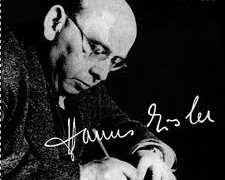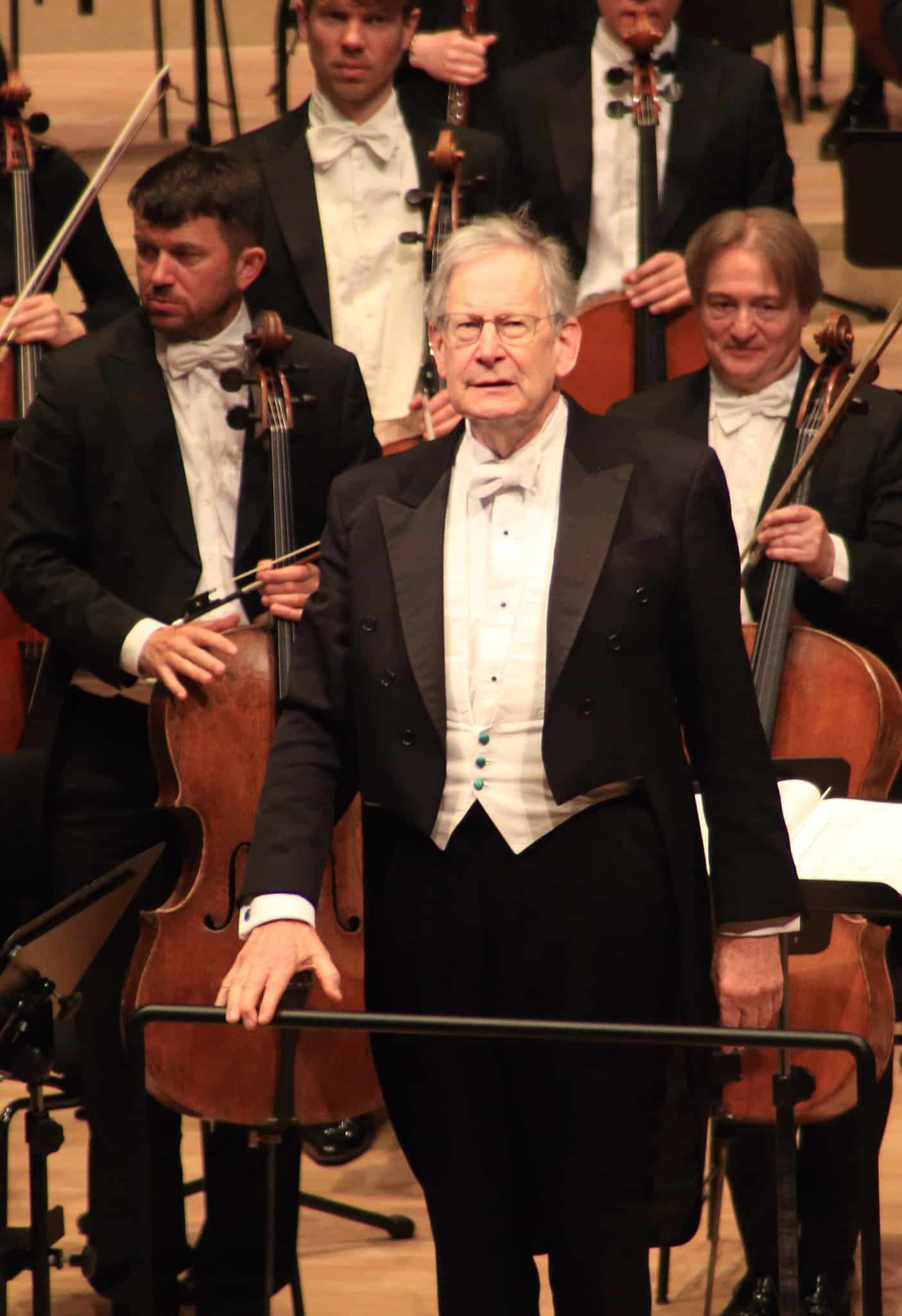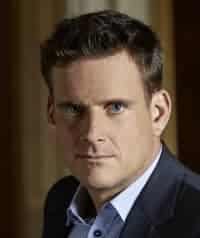When an uncompromising musician composes for Hollywood
mainFrom the Lebrecht Album of the Week:
In the Hollywood walk of composing fame, Hanns Eisler is the forgotten man. Erich Korngold was the founding father, Waxman and Newman the busy bees, Rosza and Herrmann the atmosphere merchants. Eisler, who wrote the first book on composing for film and treated the craft as an art in its own right, is all but pushed off the sidewalk…

Read on here.
And here.





Max Steiner is seemingly another ‘forgotten man’ then. Steiner has a greater claim to be the founding father of film music; he first wrote music for films in 1930 and wrote the first properly through-composed-with-underscore film, King Kong, in 1933, two years before Korngold first wrote for film.
And he invented the click-track!
For NL to suggest that Eisler’s score for Of Mice and Men was infinitely superior to Newman’s misses something: does it work in the actual film? Does it support the images or detract? Given the deep, human emotional nature of that film, I somehow doubt that a score written in serialism style would have been appreciated by any producer, director, or even critic. Certainly not audiences. There have been many movies made where the intended score was jettisoned for one that was more in-tune with the film, if not musically superior. Kubrick’s ‘2001’ and Hitchcock’s ‘Torn Curtain’ are good examples. Alex North and, yes, Bernard Herrmann respectively missed the mark, (although I can’t stand the Addison score in the latter.)
Just a few points of possible interest. First, Eisler was nominated for two Academy Awards — for Hangmen also Die! in 1943 (not 1942, and note the exclamation mark) and for None but the Lonely Heart the following year. Second, the 1947 book Composing Music for Film was co-written with Adorno, which ups the interest not a little, and Adorno had ‘top billing’ on the cover. It was reprinted by Bloombury Academic in 2007, the edition on my shelves. There is also Eisler’s A Rebel in Music: Selected Writings.The very fine authority on music in Nazi Germany, Michael Haas, now has a blog headed Forbidden Music, taken from the title of one of his books, and on there is perhaps the most perceptive essay on Eisler I’ve come across. It is online, so only has to be googled. Most significant of all, he delves into Eisler’s political stances, which he astutely describes as “kaleidoscopic”. Very interesting indeed.
An omission on my part. RE the “need to hear more Eisler”, there are 94 recordings of his music. Some now require turntables, of course, but they are not difficult to find. Others are recent — the interested can, e.g., hear Matthias Goerne singing Eisler. One disc that caught my eye was of his film music, issued by Heliodor (DGG) in 1973. Much to work through there first.
Thank you Steven!
https://www.google.de/amp/s/forbiddenmusic.org/2014/07/27/the-kaleidoscopic-contradictions-of-hanns-eisler-1898-1962/amp/
Very welcome indeed, David.
Didn’t Eisler return to East Germany and compose it’s national hymn ?
Eisler was the most boring composer.He couldn’t hold a candle to Steiner,Korngold,Tiomkin,Rozsa,Herrmann,Newman,Raskin,et al.Harmonically drab and uninteresting,greyish and colorless orchestration,unspeakibly dull.
I agree, found him on Spotify, boring.
I know little of his film music, but his songs are great. Last year I attended a wonderful Lieder recital featuring works by Wagner, R Strauss, Berg, Schönberg and Eisler. Of the last three, Eisler’s were the clear standout. One in particular ‘In Weißensee’ absolutely brought the house down. No recording to be found anywhere I’m afraid.
That pigeonholing of golden-age Hollywood composers was as neat as it was utterly superficial. Eisler was an essential figure in the history of film music, but not a popular or appealing one. Successful film composers – all of them – know how to appeal to audiences. It’s unimaginable that John Ford would have allowed Eisler’s “searing twelve-tone lament” to comment on one of his films, especially in 1939-40. The scores in Ford films often relied on folk or vernacular music, arranged to his liking. Alfred Newman’s “malleable” score, relying heavily on a single American folk song (“Red River Valley”), was probably at Ford’s instruction. Newman was the head of the music department at 20th Century Fox and uncredited in the final film. He was doing what every film composer does, for better or worse aesthetically: his job.
And Mario Castelnuovo-Tedesco completely forgotten in your list? The man with over 200 movie scores, concerto comissions from Heifetz, Segovia and Piatigorsky, scores performed by Toscanini and students including Henry Mancini, Nelson Riddle, Herman Stein, André Previn. Jerry Goldsmith and John Williams as students? Eisler is certainly not the forgotten man in this article!!!
First composer of music for a film, was Saint-Saens in 1905.